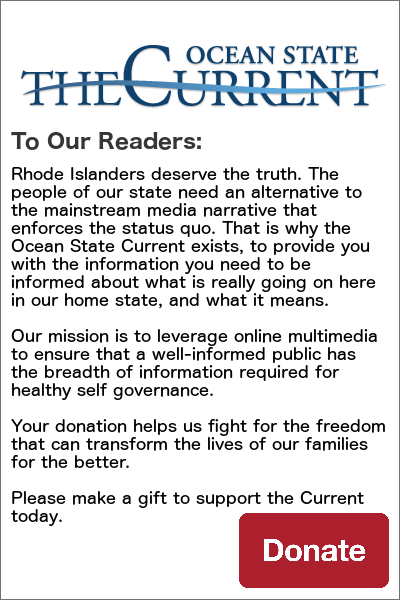“Privilege” for the Underprivileged
If you’ve got a few minutes, watch this short video illustrating the progressive understanding of the advantages of “privilege”; if you’d rather not, I’ll describe it below:
The narrator lines up a bunch of young adults for a foot race to claim a $100 reward. Before telling them to start, though, he allows the runners to take two steps forward for each of a variety of markers of social privilege, which are implied to be “white privilege” when at the end he offers the moral:
Every statement I’ve made has nothing to do with anything any of you have done, has nothing to do with decisions you’ve made. Everything I’ve said has nothing to do with what you’ve done. We all know these people up here have a better opportunity to win this $100. Does that mean these people back here can’t race? No. But we would be foolish to not realize we’ve been given more opportunity. We don’t want to recognize that we’ve been given a head start, but the reality is we have. Now, there’s no excuse; they’ve still got to run their race; you still gotta run your race; but whoever wins this $100, I think it’d be extremely foolish of you not to utilize that to learn more about somebody else’s story, because the reality is if this was a fair race and everybody was back on that line, I guarantee you some of these black dudes would smoke all of you, and it’s only because you had this big of a head start that you’re possibly going to win this race called life.
Obviously, the video is intended to support a progressive narrative, but considering the markers that the narrator calls out as privilege-inducing, one can’t help but notice the degree to which conservative concerns and policies would foster a more “fair” race:
- Are “both of your parents still married”? A traditional understanding of the family and policies that encourage, rather than discount or even penalize, marriage are conservative.
- Did “you grow up with a father figure in the home”? Conservatives are the ones pushing back against the feminist war on men.
- Did you have “access to a private education”? School choice that broadens such access is a priority of conservatives (who often brave accusations of racism in the effort).
Others of the purported markers of privilege are less obvious, but only because they are subject to debates about whether personal opportunity or government handouts will better ensure that, for example, one never has to worry about having cell phone service shut off. (As evidence that the free-market approach is more effective, I’d point out that the question wasn’t whether the kids have a cell phone. Of course they do, because the market has been free to differentiate and bring prices down with competition.)
Thinking about the family raises a critical point that often goes unmentioned in these conversations. Maybe the various advantages had nothing to do with the actions and decisions of the young adults in the race, but they certainly had to do with decisions that their parents made. Would it be fair if parents stayed together, forewent luxuries for the sake of computers and college savings, and made other sacrifices for their children only to find that it did nothing to improve the lot of their families or reduce their disadvantages?
[box type=”note” style=”rounded”]To Our Readers: We need your support to challenge the progressive mainstream media narrative. Your donation helps us deliver the truth to Rhode Islanders. Please give now.[/box]
The other side of that coin is that the morally valuable victim status promoted in the video can be acquired not only through disadvantage, but also through bad decisions. Having children out of wedlock and prioritizing short-term enjoyment over long-term planning for your children ensures that your children, while they may be frustrated back at the starting line, will not be the obviously uncomfortable ones shuffling from foot to foot with their head start, marked out as undeserving.
Pressing that discomfort, the narrator directs the advantaged kids to get to know the disadvantaged kids. Broadening one’s awareness through relationships is always worthy advice, but shouldn’t another lesson be that the disadvantaged kids should emulate the parents of the advantaged ones?
The success of the video “explaining privilege” is most notable in the degree to which it raises that question. If we place the family at the center of our society, there is no reason this race of life can’t be a story of fairness, as each family benefits by the decisions of its members. In reality, the extent two which white people are locking in their own privileges, it is the doing of white progressives who seek to consolidate social control in the hands of people who want to stand at the finish line waving their $100 bill in the air.
After all, the most privileged person on the field in the video is the narrator deciding who gets to move forward and who doesn’t, as well as how much of his own wealth he’ll give up in order to get the kids to run for his enjoyment, his moral vanity, and the improved social standing that his viral video will win.


